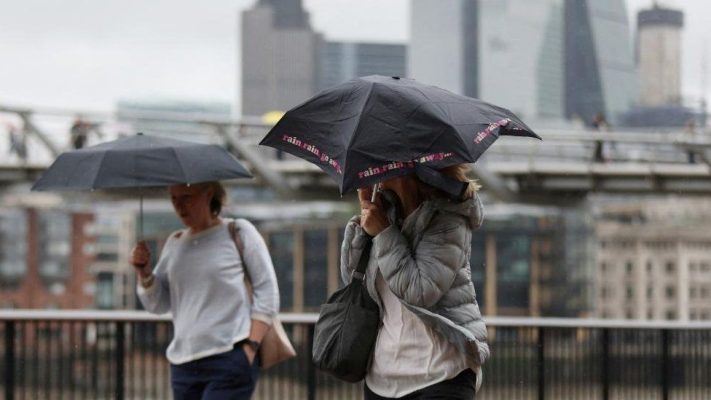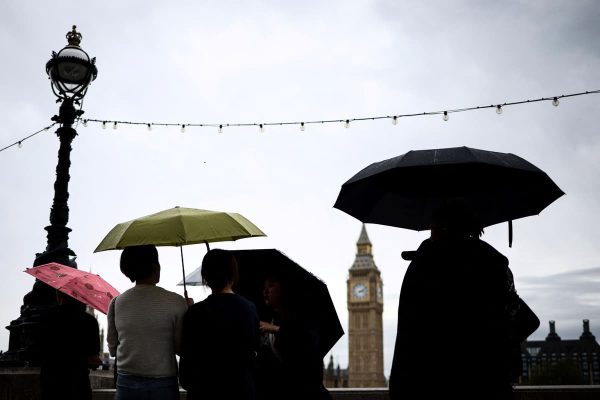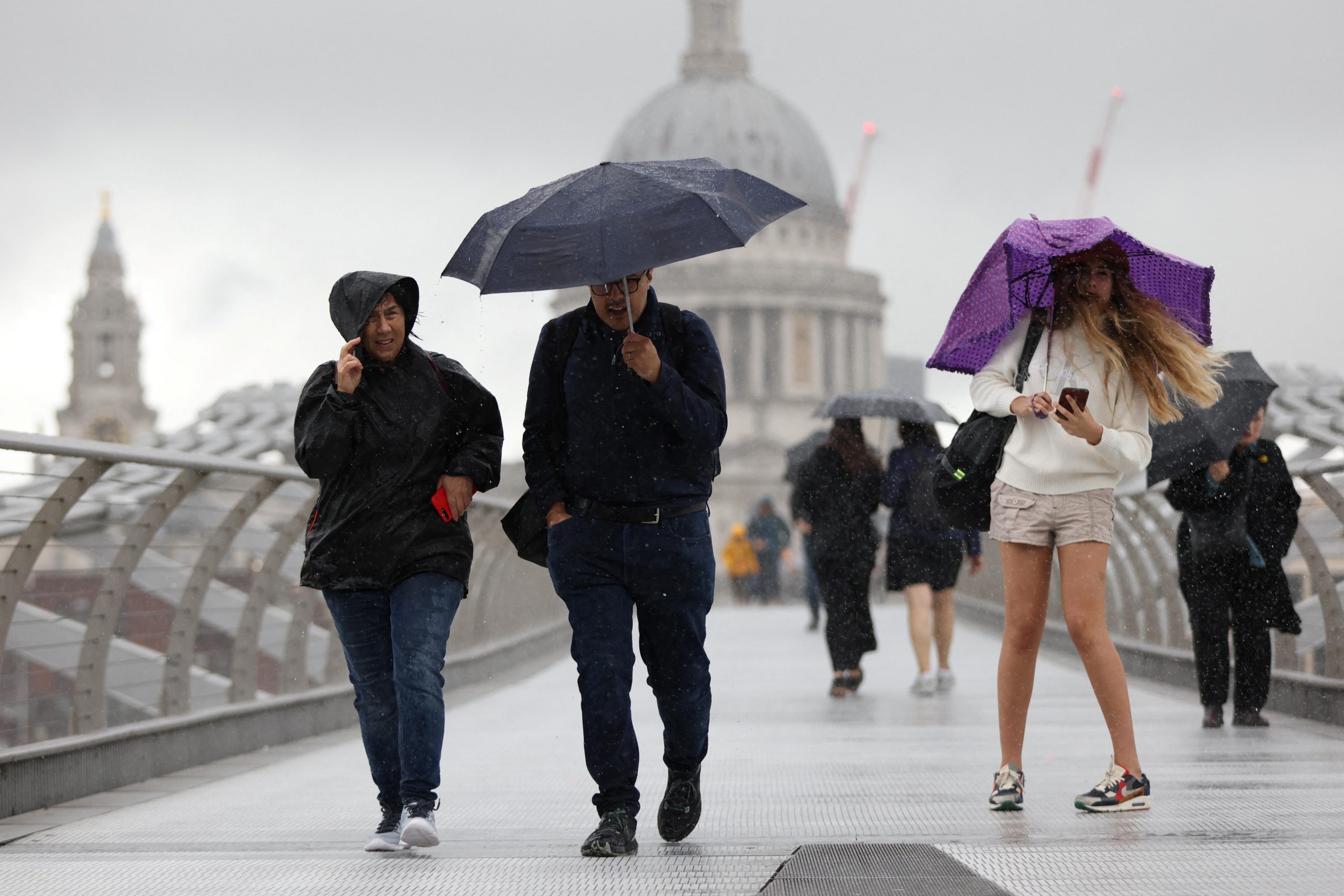UK’s Wettest July: Storm Warnings and Record Rainfall
The United Kingdom is currently undergoing an unusually wet and windy summer season, with storm warnings being issued across England and Wales.
The Met Office has issued a yellow alert for storms, which covers a large portion of the Midlands and Wales. Additionally, there is another alert for strong winds along the southern coast of England.
This unusual weather pattern is a contributing factor to what has now become the UK’s wettest July in the country’s recent history.
Record-Breaking Rainfall
The Met Office, the UK’s national weather service, has confirmed that the past month was one of the wettest Julys on record. The country experienced a staggering 140.1mm of rainfall. Which is more than two-thirds higher than the average for this time of year.
Northern Ireland, in particular, experienced its wettest July on record, with rainfall more than double its average.
This significant increase in rainfall has led to the UK experiencing its wettest July in over a decade.

The unusually wet and cool weather is largely due to the position of the jet stream. A core of strong winds located about five to seven miles above the Earth’s surface. The jet stream plays a significant role in dictating the UK’s weather patterns.
This year, the jet stream has been positioned to the south of the UK, bringing with it cold and wet weather.
This has resulted in the cancellation of several summer festivals and events. Marking a significant impact of the UK’s wettest July on the country’s social calendar.
You may also like: UK’s Ten-Day Rain Forecast: Brits Brace for a Chilly Start to August
Looking Forward: The Future After the UK’s Wettest July
Climate scientists believe that the higher temperatures in the Arctic. Caused by climate change, are causing the jet stream to slow down.
This slowdown increases the likelihood of high pressure and hot weather remaining in place for extended periods. This suggests that hotter temperatures and wetter periods will become more typical for the UK in the future.

As the UK recovers from its wettest July, the focus is now shifting towards how to adapt to these changing weather patterns.
This makes the UK’s wettest July a significant event to remember, not just for its immediate impact, but also for the long-term changes it heralds.





